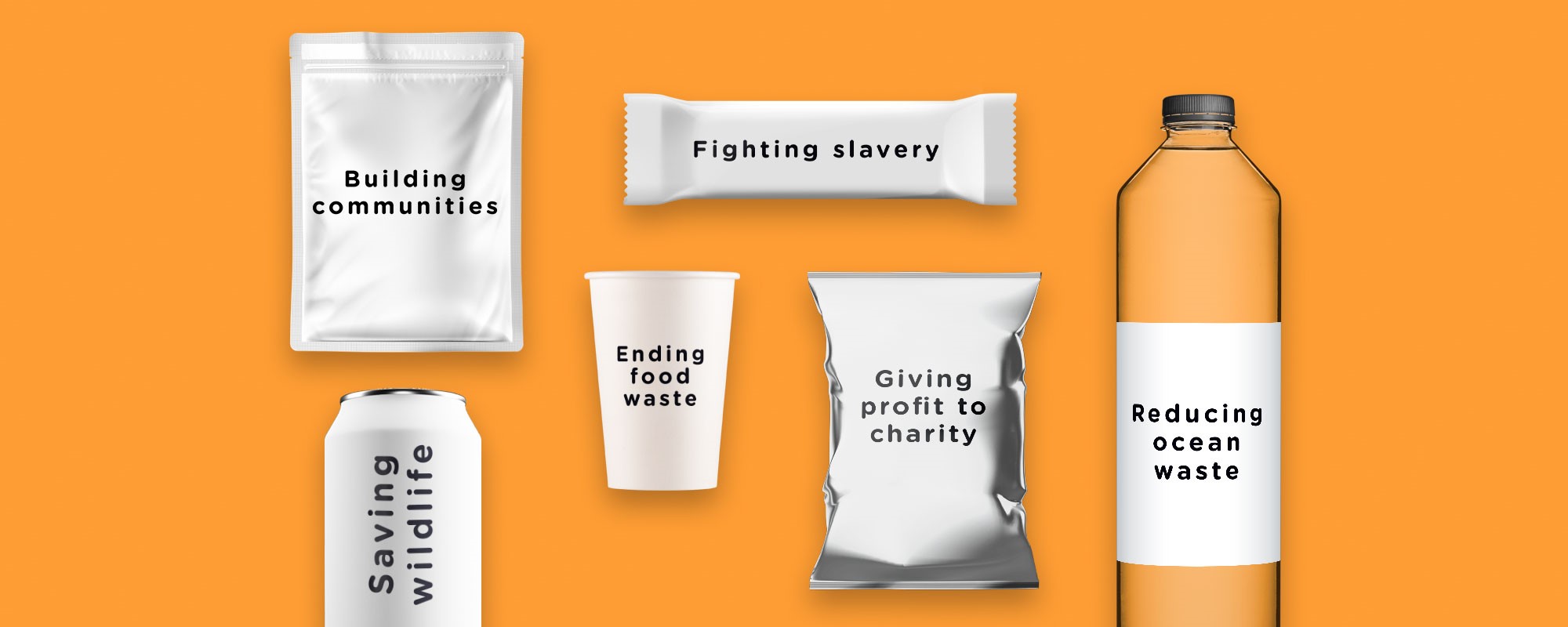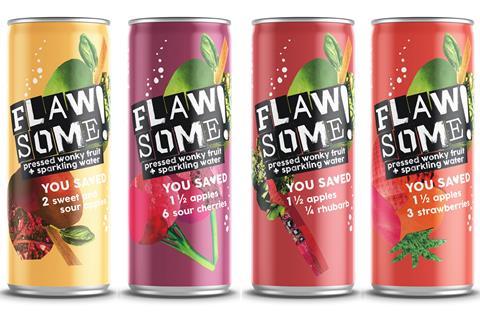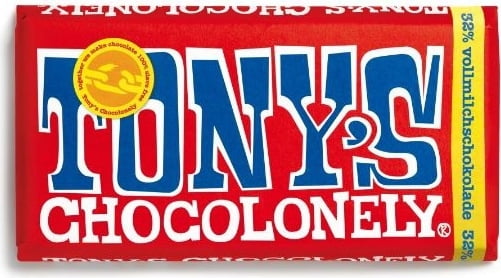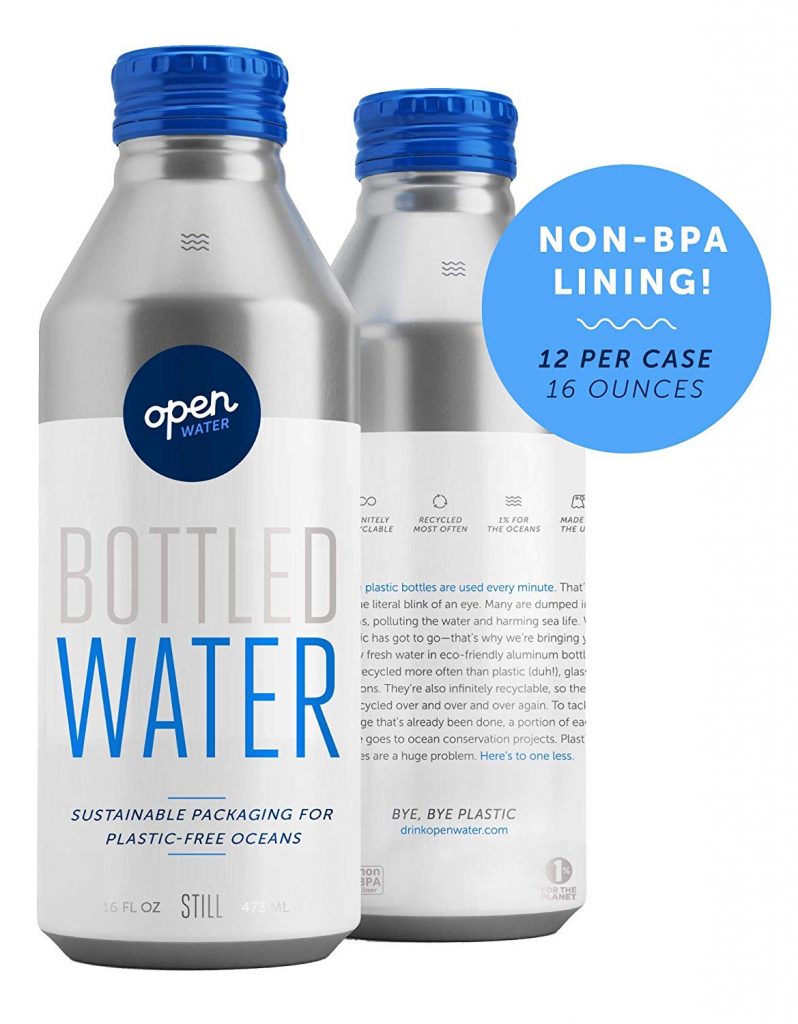
26 November 2019 /
Why your ethical purpose means nothing to shoppers
Author: Lara Doherty
A brand’s purpose often sits pride of place on their website, giving consumers a clear indication of their values. Values that will spur consumers to relate to them and build purchase loyalty.
Often though, this purpose is not always integrated into the brand’s packaging, the one tool that they have at their disposal to interact with shoppers directly at point of purchase. Why then, is this all important point of difference often relegated in-store to the Fairtrade logo or limited editions?
Fairtrade is not a differentiator
Yes, the Fairtrade logo (amongst others) is widely used today by brands on the front of packs and this, for sure, gives assurances of a brands ethical value to shoppers. In fact, The Grocer recently reported that a whooping 62% of shoppers actively look for this logo when making a purchase decision.
Yet many brands are now proudly Fairtrade. This has become a minimum standard to shoppers rather than a differentiator. So, what else can make shoppers buy one brand over another?
Don’t limit purpose to limited editions
Magenta Research reported recently that 88% of shoppers want brands to help them make ethical changes to their behaviour and I believe this is what brands need to show. For a brand’s ethical positioning and purpose to mean anything to a shopper, the tangible impact of their purchase needs to sit boldly on the front of their pack. This is what will differentiate a brand and spur a shopper to purchase one brand over another.
Front of pack is what shoppers interact with
Here are 3 brands that have integrated their purpose into their packaging, building purposeful messaging onto the front of their packs.

1. Flawsome Drinks
Flawsome is a perfect example. Their mission is to end food waste. They want to encourage shoppers to champion wonky fruit over perfectly aesthetic ones and make them see that wonky fruit can still make deliciously tasty juices.
To date, Flawsome has saved over 640 tonnes of wonky produce from waste and each bottle proudly states how much fruit a shopper has saved by buying a Flawsome juice. It’s brilliant. A shopper can directly make a correlation, in-store at point of purchase, between their action and reducing food waste. It makes buying the juice a no brainer.
2. Tony’s Chocolonely

Tony’s Chocolonely’s mission is to make 100% slave free chocolate the norm and it’s proud as punch on the front of their pack. Granted, the sticker is small, however shoppers can clearly make a connection between their purchase and seeking to end slavery within the chocolate supply chain. Shoppers know, in-store, exactly why they are paying a price premium for the bar and exactly how Tony’s Chocolonely differentiates itself from other Fairtrade chocolate bar options. Shoppers can align their values with the brands – no doubt why the brand is witnessing some awesome growth.

3. Open Water
Open Water’s mission is plastic free oceans and that’s exactly what it says proudly on the front of their bottle. The brand name and physical package embodies their purpose exactly. With a multitude of bottled water for shoppers to choose from on shelf, Open Water communicates, at point of sale, how the brand can help the shopper make an ethical purchase decision and change their behaviour for the greater good of the planet.
There are many great brands out there today that combine commercial sense with the greater good. Brands shouldn’t however leave it to their out-of-store activity, which can have limited budgets, or to limited editions to make shoppers aware of their purpose. Brands that integrate their purpose into the packaging can directly speak to the values of shoppers at point of purchase. These brands are differentiating themselves and building trust and loyalty accordingly.